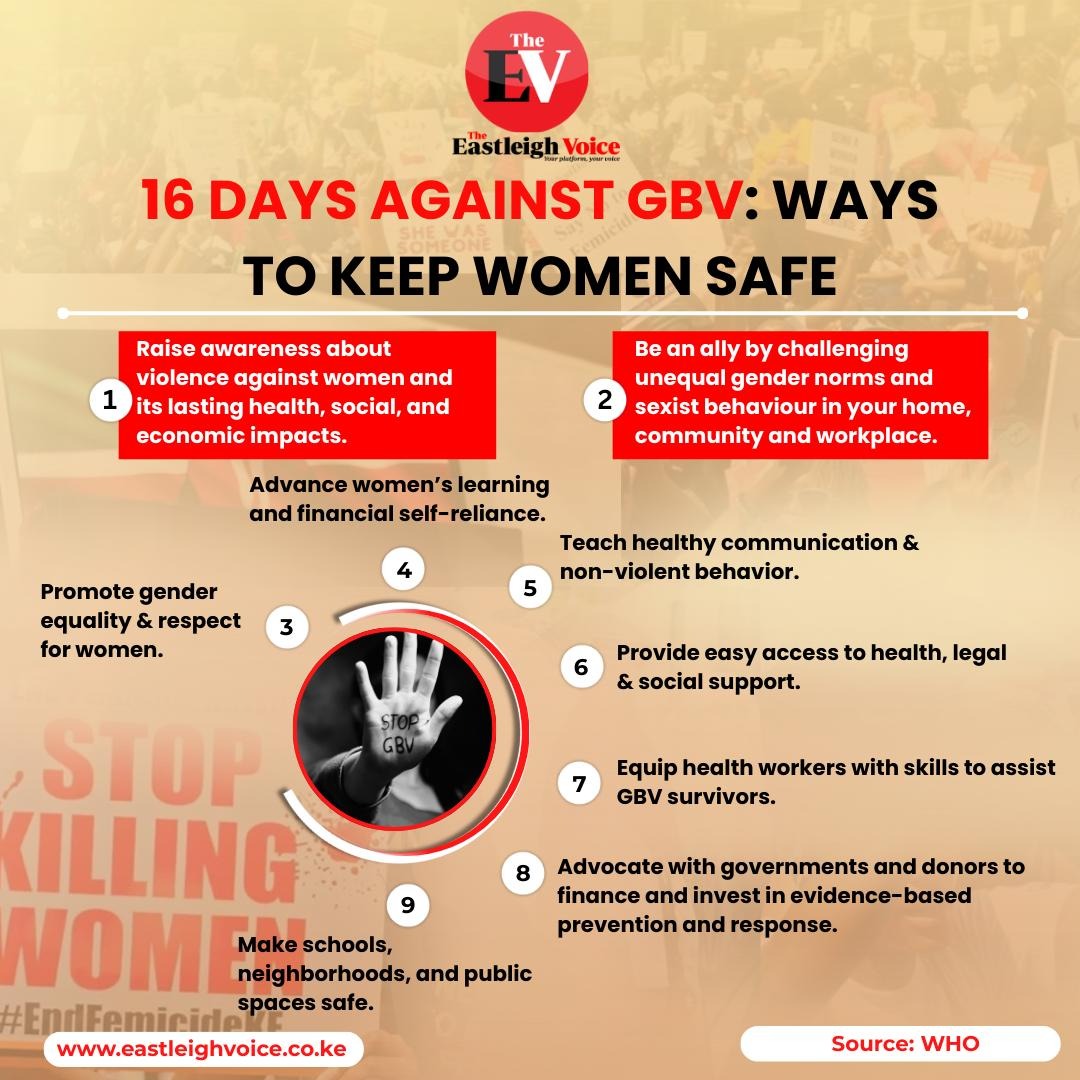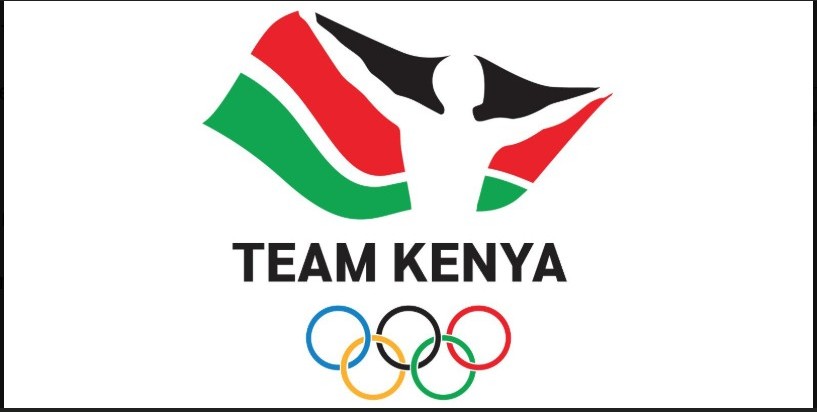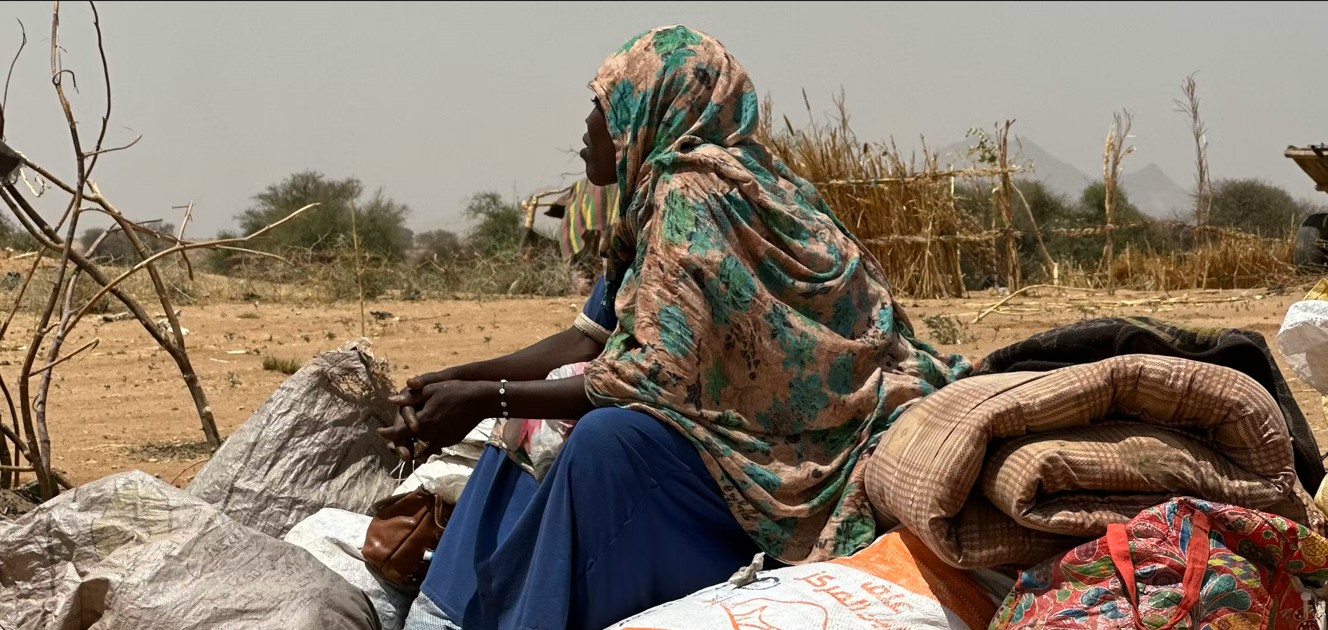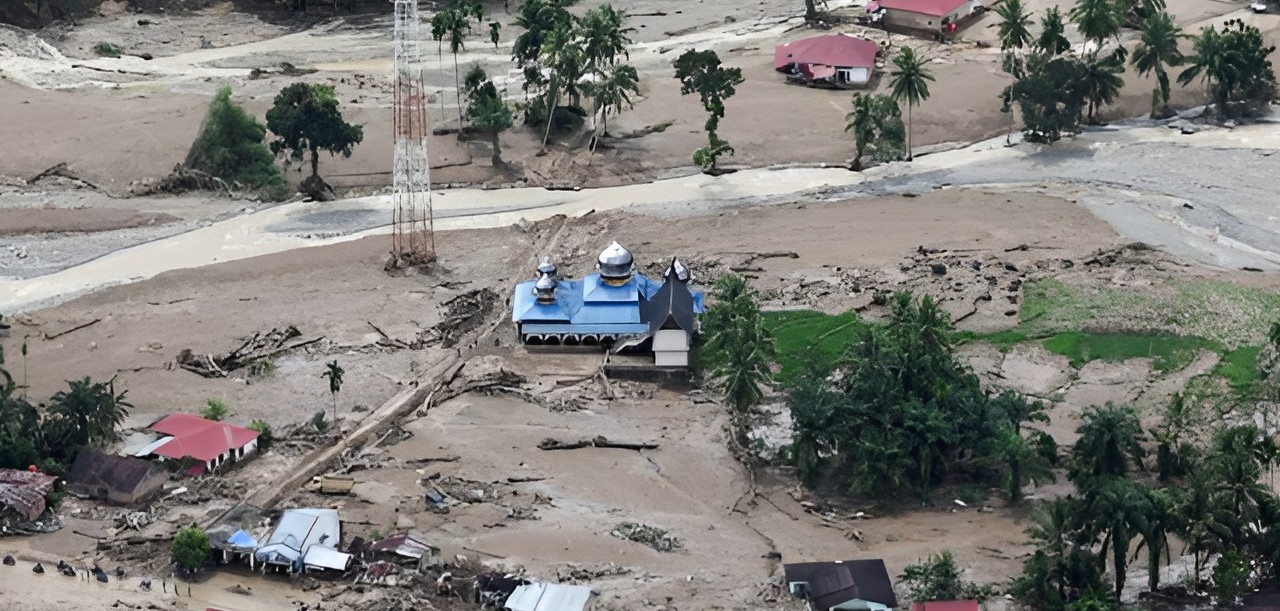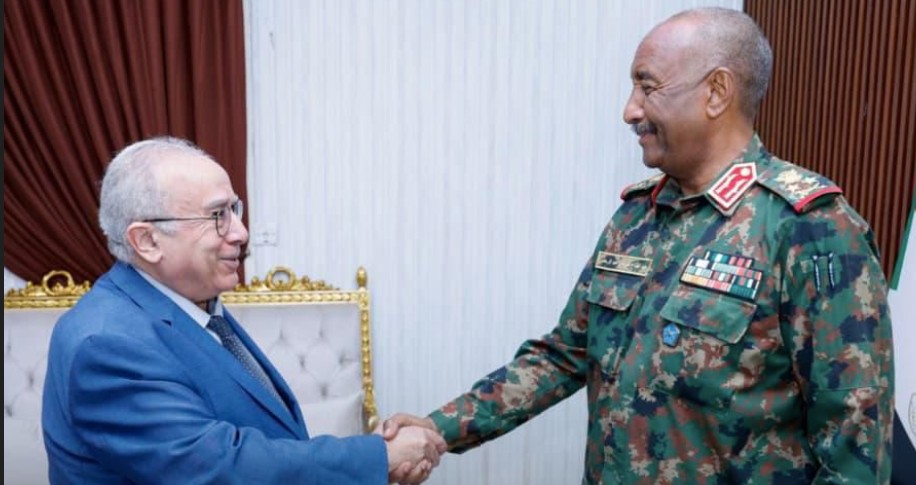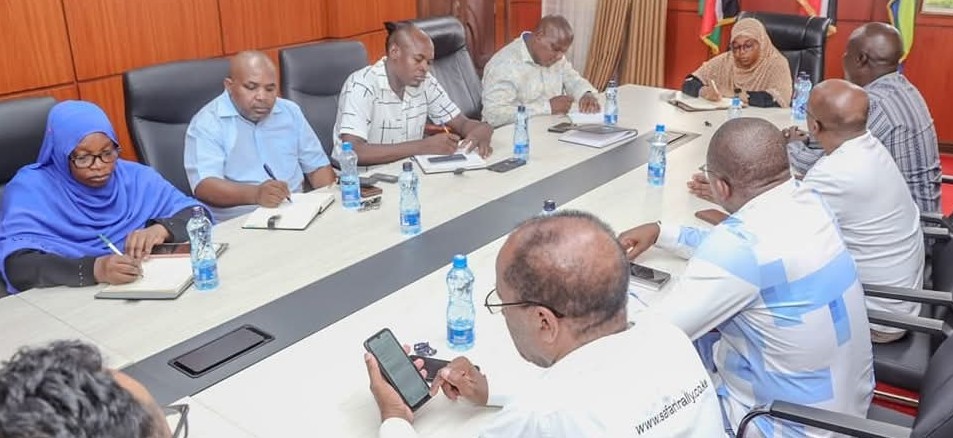Immunisation saved 154 million lives over past 50 years - WHO

Immunisation is the paramount health intervention, ensuring not only the survival of infants but also their continued well-being into adulthood, WHO says.
One in six deaths is averted every minute through immunisation, the World Health Organization (WHO) has revealed, noting that this is the equivalent of 154 million lives globally in the past 50 years.
A significant portion of these saved lives, totalling 101 million, are infants, the WHO said, emphasising that immunisation is the paramount health intervention, ensuring not only the survival of infants but also their continued well-being into adulthood.
More To Read
- Flu shots: how scientists around the world cooperate to choose the strains to vaccinate against each year
- Study flags stark inequities in global epilepsy care, medication
- WHO warns of measles resurgence as vaccine gaps widen
- WHO launches first global guidelines on infertility, calls for safer and more accessible care
- WHO warns of rising antimicrobial resistance in fungal infections
- Kenya steps up border checks as Ethiopia confirms outbreak of Marburg Virus Disease
Of the vaccines scrutinised in the study, the measles jab emerges as the most impactful in reducing infant mortality, responsible for 60 per cent of lives saved.
Immunisation against 14 diseases has directly contributed to a 40 per cent reduction in global infant deaths, with even more substantial declines, exceeding 50 per cent, observed in the African Region.
WHO Director-General Tedros Adhanom Ghebreyesus highlighted the transformative power of vaccines, which have made once-dreaded diseases preventable, leading to the eradication of smallpox and the near-elimination of polio.
"Vaccines are among the most powerful inventions in history, making once-feared diseases preventable," said Dr Tedros.
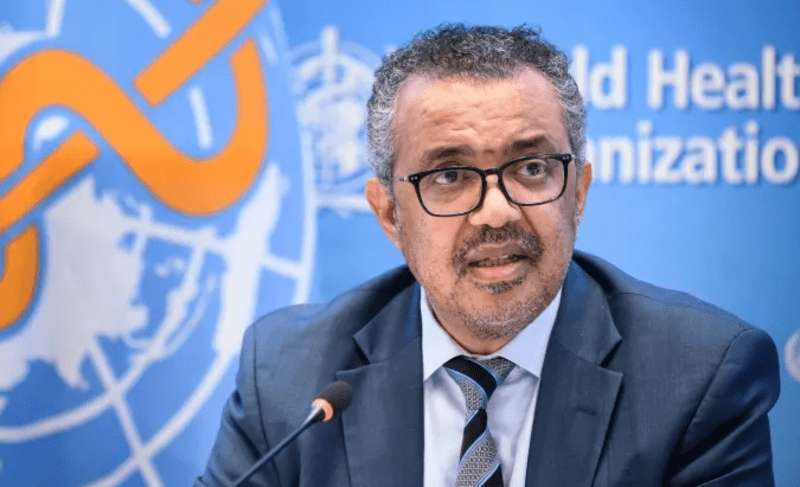 WHO Director-General Tedros Adhanom Ghebreyesus. (Photo: AFP)
WHO Director-General Tedros Adhanom Ghebreyesus. (Photo: AFP)
"Thanks to vaccines, smallpox has been eradicated, polio is on the brink, and with the more recent development of vaccines against diseases like malaria and cervical cancer, we are pushing back the frontiers of disease. With continued research, investment, and collaboration, we can save millions more lives today and in the next 50 years."
Released ahead of the 50th anniversary of the Expanded Programme on Immunization (EPI) to take place in May 2024, the study titled Saving millions more is “Humanly Possible” is the most comprehensive analysis of the programme’s global and regional health impact of the past five decades.
"Thanks to vaccinations, more children now survive and thrive past their fifth birthday than at any other point in history," remarked UNICEF Executive Director Catherine Russell.
"This massive achievement is a credit to the collective efforts of governments, partners, scientists, healthcare workers, civil society, volunteers, and parents themselves, all pulling in the same direction of keeping children safe from deadly diseases. We must build on the momentum and ensure that every child, everywhere, has access to life-saving immunisations."
With ongoing research, investment, and collaboration, Dr Tedros emphasised the potential to save millions more lives in the coming decades, including through the development of vaccines against diseases like malaria and cervical cancer.
 A health worker prepares a vaccine during the launch of the Malaria vaccine in Kenya's lakeside town of Ndhiwa, Homabay County on September 13, 2019. (Photo: AFP)
A health worker prepares a vaccine during the launch of the Malaria vaccine in Kenya's lakeside town of Ndhiwa, Homabay County on September 13, 2019. (Photo: AFP)
The study reveals that, on average, each life saved through immunisation results in 66 years of full health, totalling 10.2 billion full health years gained over five decades.
Vaccination against polio, for instance, has enabled more than 20 million individuals to walk today who would otherwise have been paralysed.
Moreover, with the world on the threshold of eradicating polio, the importance of safeguarding immunisation progress in every country and redoubling efforts to reach the 67 million children who missed out on vaccines during the pandemic years becomes increasingly evident.
In Africa, immunisation efforts have saved an estimated 51.2 million lives over the past five decades, with significant progress achieved under the EPI.
The region has witnessed notable successes, including the near-elimination of maternal and neonatal tetanus and the eradication of indigenous wild poliovirus in 2022. The introduction of new vaccines, such as those against malaria, and the expansion of existing ones, like the HPV vaccine, further bolster efforts to improve health outcomes.
The Expanded Programme on Immunisation (EPI), initiated in 1974, has been instrumental in driving these achievements.
Originally focused on vaccinating children against six diseases, the programme has expanded its scope to encompass universal recommendations for 13 diseases, with additional context-specific recommendations for 17 more.
This expansion reflects a commitment to extending the benefits of immunisation to adolescents and adults, thereby fortifying communities against a broader spectrum of infectious diseases.
Despite these achievements, challenges persist in Africa, including disparities in vaccine coverage and the lingering impact of the COVID-19 pandemic on immunisation efforts.
Initiatives like the "Big Catch-Up" initiative and the Zero-dose Immunisation Programme aim to address these gaps and accelerate progress towards the Immunisation Agenda 2030, endorsed during the WHO World Health Assembly in 2020.
While global immunisation coverage stands at 84 per cent for infants receiving three doses of the DTP vaccine, approximately 33 million children missed out on measles vaccination in 2022 alone.
Addressing these disparities remains essential to prevent outbreaks and sustain progress in reducing vaccine-preventable diseases.
This mission requires a concerted effort to strengthen health systems, address vaccine hesitancy, enhance surveillance systems, and increase domestic funding for immunisation programmes.
By investing in research and development, leveraging innovation and technology, and fostering global collaboration, the next 50 years of immunisation efforts hold the promise of saving millions more lives and advancing health equity worldwide.
Organisations such as UNICEF and Gavi, the Vaccine Alliance, play a pivotal role in overcoming these challenges.
UNICEF, as a major procurer of vaccines globally, ensures that over two billion doses are distributed annually, reaching nearly half of the world's children.
Similarly, Gavi has been instrumental in expanding vaccine coverage in low-income countries, protecting over a billion children and preventing millions of future deaths since its inception in 2000.
Top Stories Today







